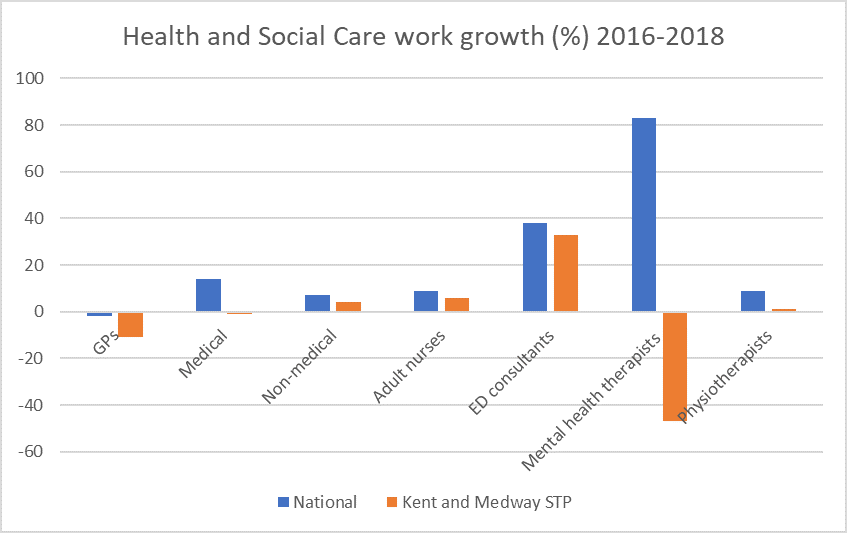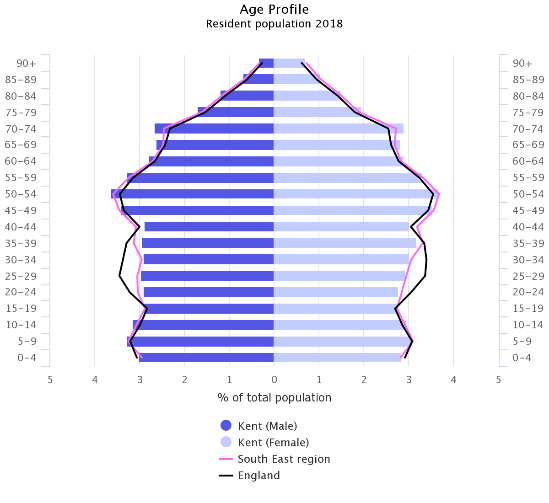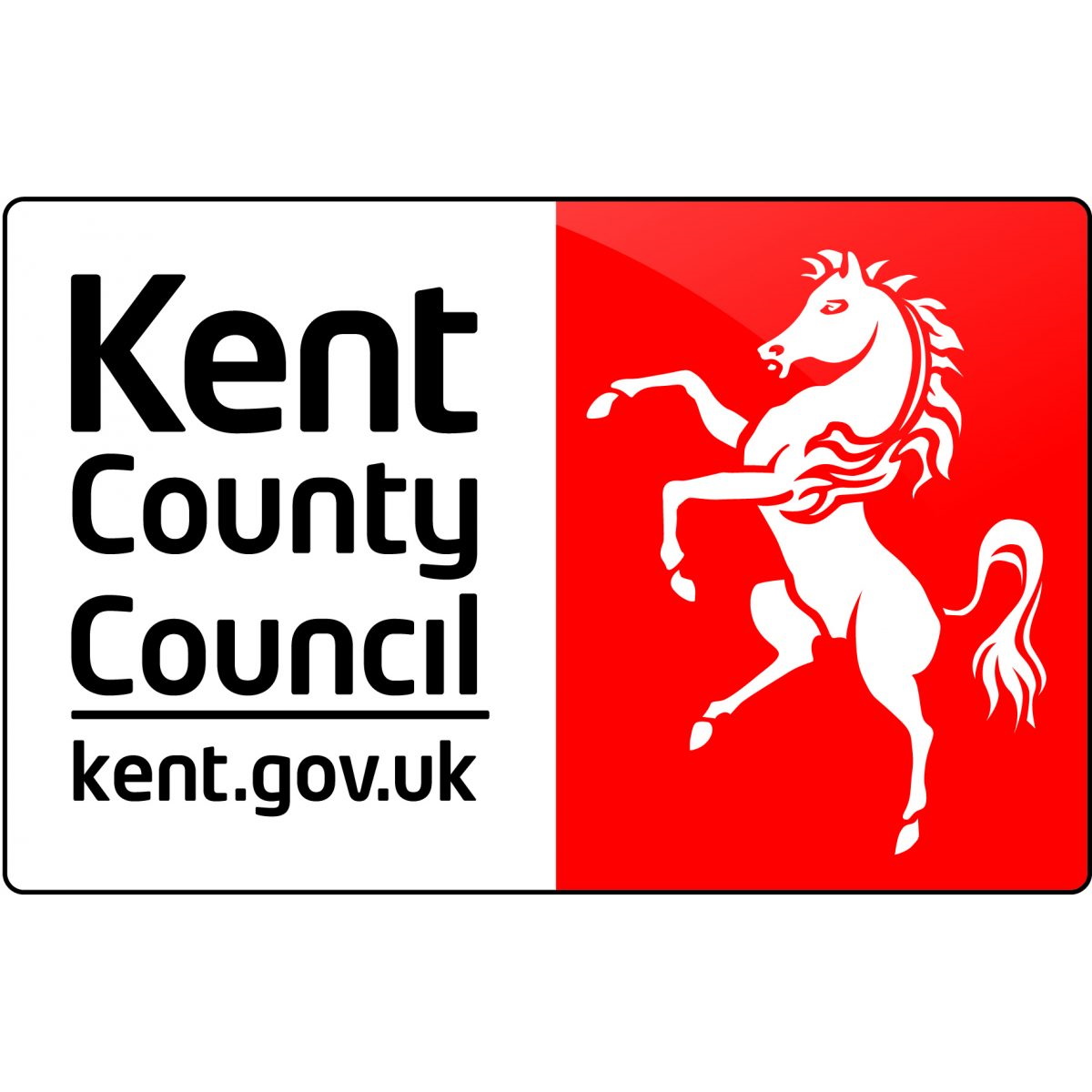Starting in late 2019, our Kent programme is progressing rapidly. The programme began with initial research, including interviewing a range of senior stakeholders from across the health and social care landscape. We found a number of interlinked challenges ranging from geographical rurality, to population growth, to mental and physical health. With our partners we presented back our research and agreed a ‘dominant strategy’.
Workforce: There are currently 7000 health and social care vacancies within the Kent and Medway STP footprint, with recruitment under-performing that of the national average across major job sectors.

Mental health: Over 20,000 children and young people have a mental health disorder while the adult suicide rate is higher than the national average
Resource challenges: Over the last decade Kent County Council have had to make savings of nearly £700 million, redirecting funds from other services. This has partly meant that only 2% of the budget goes into public health prevention
Demographic shifts: By 2030 the population in Kent is expected to rise 24%, with the over 85 bracket disproportionally growing. With that comes economic inactivity, more complex health challenges, and a higher risk of social isolation

Geographical challenges: Many of these problems are compounded by the rurality of Kent, where 78% of the county is rural, with 27% of the population living in this area, far above the national average. This brings with it challenges in accessing existing services, including, but not limited to, GPs
Through the consultation, we achieved a dominant strategy – the biggest challenge effecting the most amount of people.
Next Steps
With the support of programme partners, Breaking Barriers will now conduct in depth research with both professionals and service users in two areas of Kent: Gravesend and the more rural Swale (Sheppey). Choosing two locations will allow for a comparative analysis to occur and wider learning to be gained. Using these findings Breaking Barriers will produce an Action Plan for practitioners and system leaders to improve prevention on the ground for marginalised health population groups.



